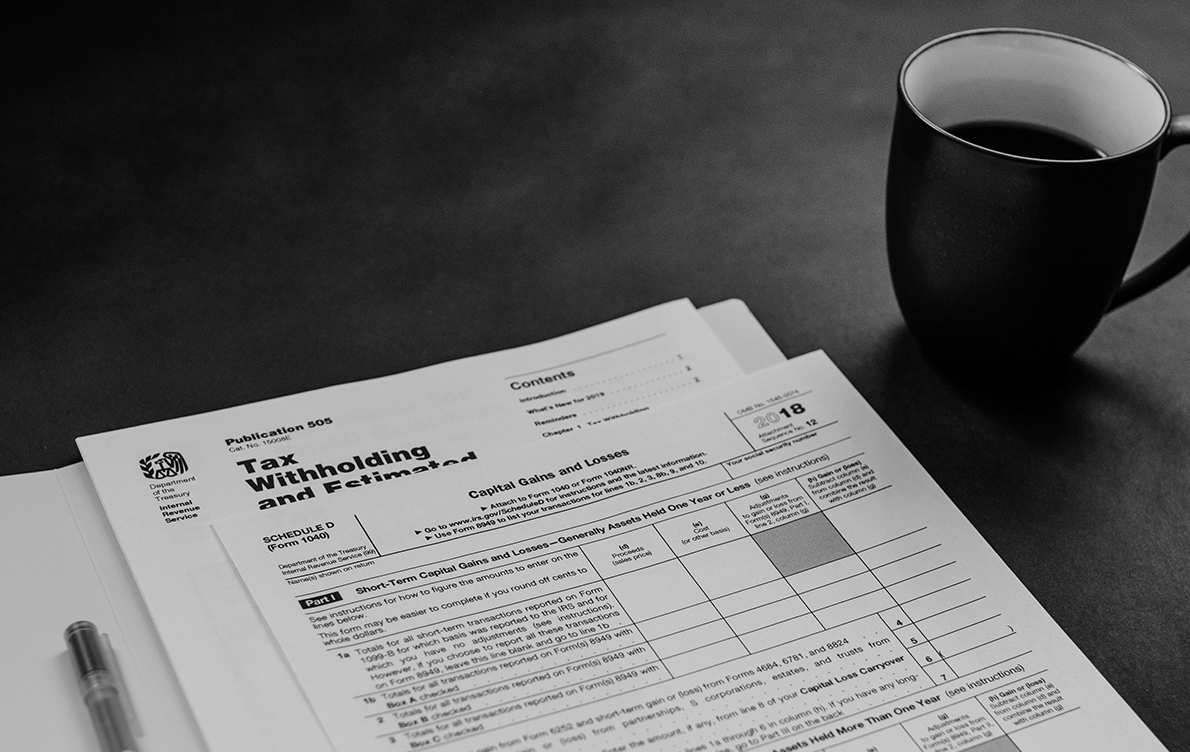“Accidental Americans” Must Pay US Tax on Worldwide Income and Provide Detailed US Tax Reporting

We have had several matters recently with “Accidental Americans” – that is, non-US persons who became US tax residents by staying in the US for a sufficient number of days.
This frequently happens in an understandable way, and involves a non-US person who has family in the US. The non-US person comes to visit his or her family in the US for some period of time every year. He or she may stay for a few months at a time. With covid, medical or other reasons, he or she may have stayed for a longer period of time recently. And then, at some point and usually unwittingly, the non-US person satisfies the “substantial presence” test for US tax residency.
The “substantial presence” test is a day count test. If a person is present in the US for 183 days or more in a calendar year, then he or she meets the substantial presence test and is treated as a US tax resident for US income tax purposes.
Also, if a person is present at least 31 days during the current calendar year, and those days, plus 1/3 of the days present during the preceding calendar year, plus 1/6 of the days present during the second preceding calendar year is equal to or greater than 183 days, then the person also meets the substantial presence test.
There are possible exceptions to the substantial presence test. The exceptions include (1) the “closer connection” test, (2) the “exempt individual” test and (3) the “treaty tie-breaker” test. These tests are not described in detail in this post.
The substantial presence test is important because a person who is a US tax resident must pay US tax on all of his or her worldwide income (subject to a credit for foreign taxes paid), whereas a non-US person is only taxed on his or her US source income. Being subject to US tax on worldwide income can be an unwelcome surprise for an Accidental American. One consequence of this test is that, if a person is in the US every year (eg, seasonally), he or she should be present for fewer than 121 days each year to avoid the rule.
In addition, a US tax resident also must comply with relatively complex tax reporting requirements for his or her foreign assets. These include: (1) foreign bank account reports (Form FinCen114) to report foreign bank accounts, (2) Form 8939 to report “specified foreign financial assets,” (3) Form 5471 for “controlled foreign corporations and (4) other possible reporting forms.
The penalties for not filing these information returns can be substantial. On the other hand, the penalties can be abated if the taxpayer has “reasonable cause” for the non-filing.
Becoming an Accidental American also can mean exposure to state income tax. For example, a non-US resident who spends sufficient days in New York also may owe New York income tax on his or her worldwide income.
Individuals in this type of situation should consult a tax professional to review their tax residency issues carefully.
As the law continues to evolve on these matters, please note that this article is current as of date and time of publication and may not reflect subsequent developments. The content and interpretation of the issues addressed herein is subject to change. Cole Schotz P.C. disclaims any and all liability with respect to actions taken or not taken based on any or all of the contents of this publication to the fullest extent permitted by law. This is for general informational purposes and does not constitute legal advice or create an attorney-client relationship. Do not act or refrain from acting upon the information contained in this publication without obtaining legal, financial and tax advice. For further information, please do not hesitate to reach out to your firm contact or to any of the attorneys listed in this publication.
Join Our Mailing List
Stay up to date with the latest insights, events, and more




